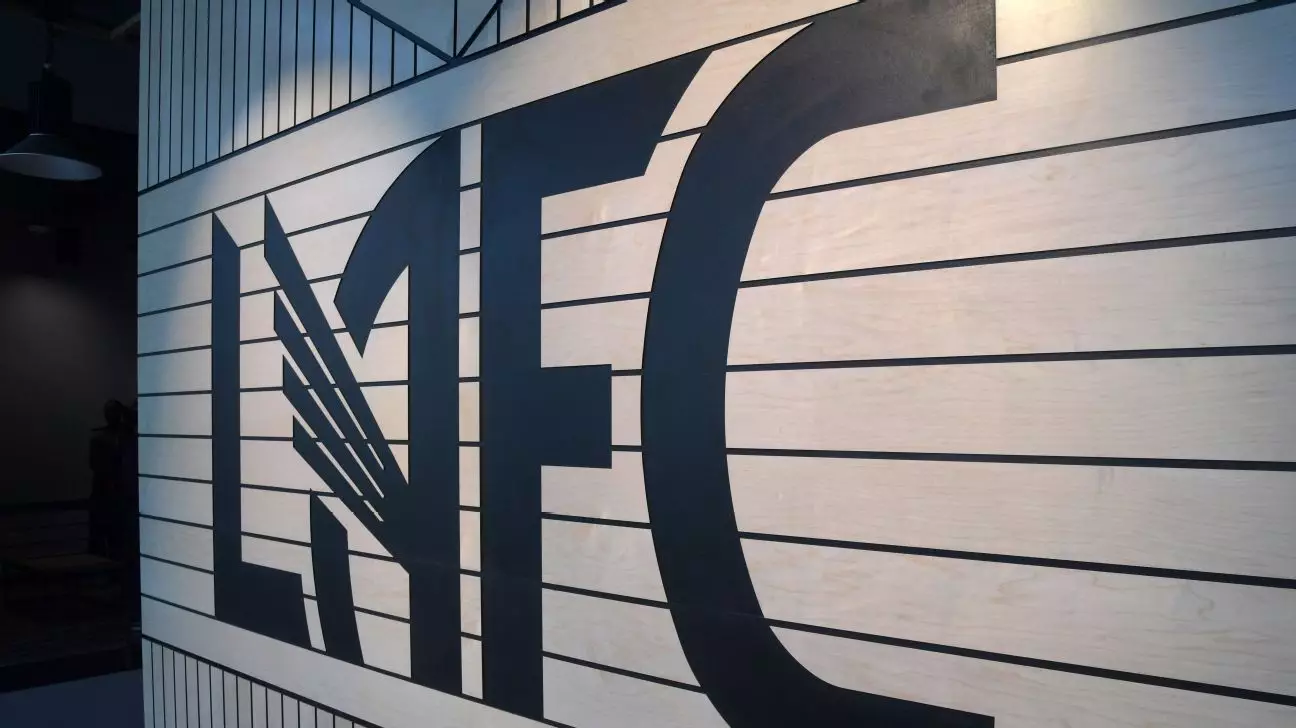In an age where social media serves as both a communication tool and a platform for public sentiment, the responsibility of individuals, especially those in leadership positions, has come under intense scrutiny. A recent incident involving Ruben Gnanalingam, a part-owner of Los Angeles FC and vice chairman of Queen’s Park Rangers, highlights the consequences of mismanaging this responsibility. After reposting content deemed anti-Israel, he faced backlash not only from his club but also from Major League Soccer (MLS), which labeled the posts as “deeply offensive.”
This situation raises vital questions about the role of social media in shaping public perceptions and guiding conversations on sensitive issues. The speed at which information spreads compounds the effects of such actions, requiring leaders to communicate with greater awareness of their potential impact. Gnanalingam’s reposts, which included inflammatory language and historical comparisons that many find troubling, serve as a stark reminder of this reality.
The Apology and Accountability
Following the uproar, Gnanalingam offered a public apology, emphasizing that it was never his intention to offend anyone. He acknowledged that he did not exercise adequate caution before sharing these posts and admitted to feeling a heavy weight of responsibility for his actions. His statement showcased an effort to take ownership of the situation, a necessary step for any leader who inadvertently causes harm through digital avenues.
However, while his apology is commendable, it begs the question of whether such statements are sufficient. Is an apology alone enough to mend the fractures created by such public revelations? In a world increasingly defined by heightened sensitivities and awareness of social justice issues, leaders must stand firm on their values and the implications of their communications.
Commitment to Learning and Future Actions
Gnanalingam’s decision to step away from social media indicates a recognition of the need for personal and professional growth. His commitment to learning from this experience, engaging with organizations such as MLS and LAFC, and ensuring careful handling of future communications are steps in the right direction. This framework of accountability and education is crucial, as it acknowledges the larger societal issues at play and the potential for personal biases to surface unexpectedly in a public forum.
While Gnanalingam’s actions might have been born of ignorance rather than malicious intent, the repercussions remind us that leaders must always remain vigilant in their public communication. As they navigate complex socio-political landscapes, their position demands not only acumen in business but also a nuanced understanding of global issues and the sensitivities that accompany them.
This incident serves as a clarion call for stakeholders in various industries to recognize the power of words in shaping perceptions and responses. As discussions surrounding global conflicts intensify, both personal and corporate responsibility becomes paramount. Gnanalingam’s situation reflects a broader challenge that leaders face today: managing communication in a volatile environment while staying true to their organizational values. The path forward involves not just recognizing and addressing past mistakes, but also fostering an environment where thoughtful dialogue can become the norm.

